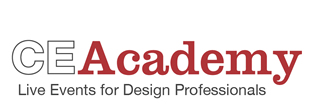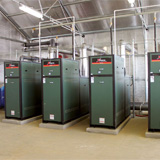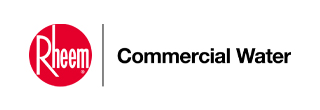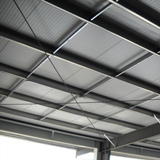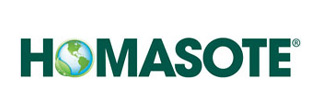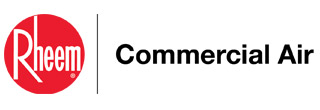JOIN US EACH AFTERNOON • FREE TO ATTEND! • ATTENDANCE REPORTED ON A PER-PRESENTATION BASIS
Web-Series for South-Central Region - Session Two

Web-Series for South-Central Region - Session Two
Event Dates
Wednesday, July 13
Available Credits
4 AIA HSW/LU CE Hour(s)
2 GBCI General Hour
1 RCEP PDH(s) for Engineers
Event Agenda
Wednesday, July 13, 2022
Wednesday, July 13, 2022 | 10:00 am Central
|
Sponsored By Rheem Commercial Water 1 AIA HSW/LU CE Hour(s) 1 GBCI General Hour 1 RCEP PDH(s) for Engineers Learning Objectives:
|
Wednesday, July 13, 2022 | 11:00 am Central
|
Sponsored By All Weather Insulated Panels 1 AIA HSW/LU CE Hour(s) 1 GBCI General Hour Learning Objectives:
|
Wednesday, July 13, 2022 | 1:00 pm Central
|
Sponsored By Homasote 1 AIA HSW/LU CE Hour(s) 1 GBCI General Hour Learning Objectives:
|
Wednesday, July 13, 2022 | 2:00 pm Central
|
Sponsored By Rheem Commercial Air 1 AIA HSW/LU CE Hour(s) 1 RCEP PDH(s) for Engineers Learning Objectives:
|
